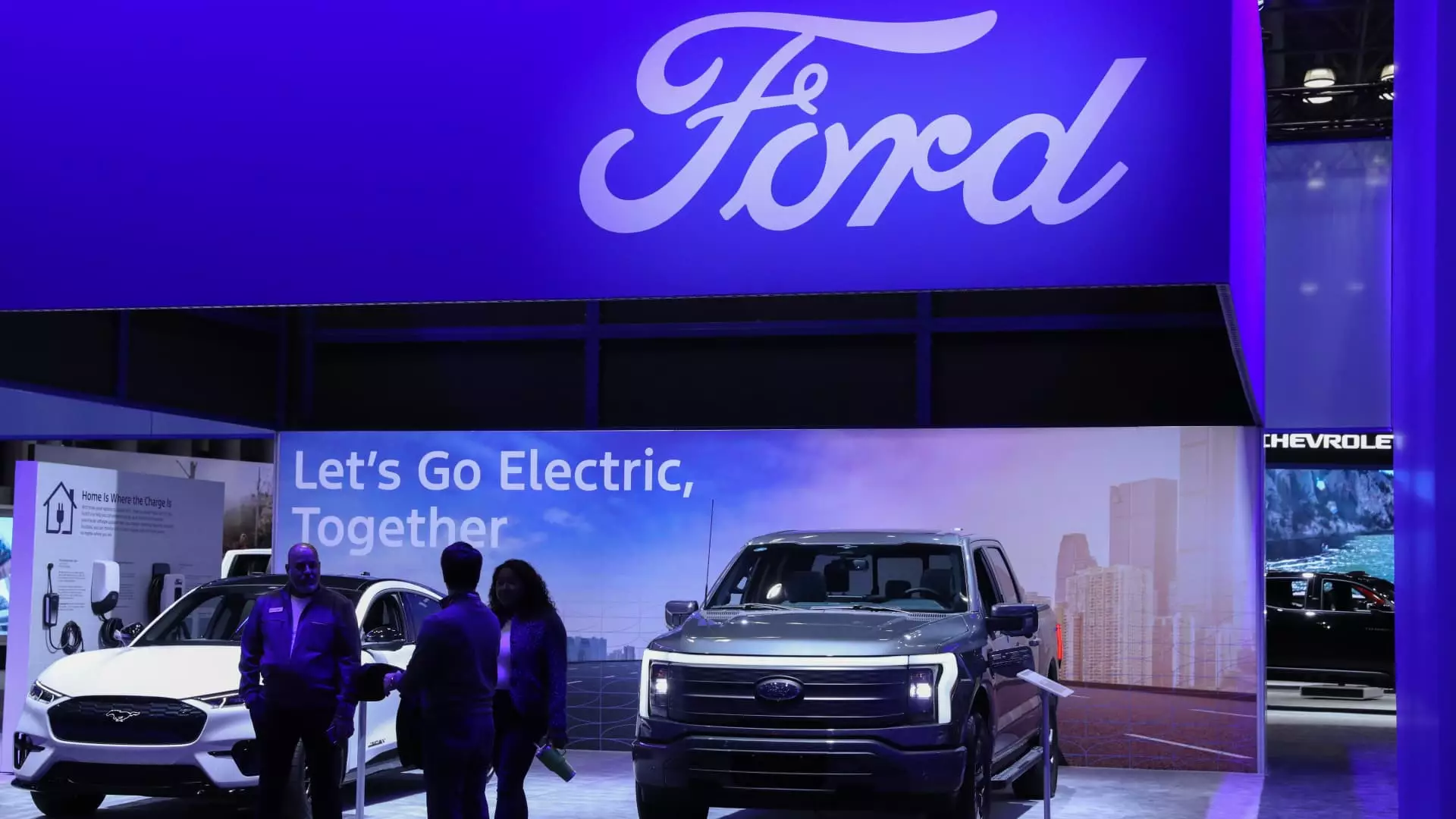Ford Motor’s recent announcement regarding the delay in production of a next-generation all-electric pickup truck and the cancellation of plans for a three-row electric SUV has sent shockwaves through the automotive industry. Instead, the company has decided to pivot towards the development of hybrid models and electric commercial vehicles. This strategic shift is aimed at better delivering a capital-efficient, profitable electric vehicle business, according to Ford CFO, John Lawler.
The decision to prioritize the production of hybrid models and electric commercial vehicles is based on the company’s assessment of the market and consumer demand. Ford’s focus will now be on commercial trucks and SUVs, where they believe they have a competitive advantage. This shift in strategy highlights the company’s commitment to adapting to the evolving needs of customers and the changing landscape of the automotive industry.
While the new direction may lead to a more sustainable electric vehicle business in the long run, Ford acknowledges that there will be short-term financial implications. The company is expected to incur a special noncash charge of about $400 million for the write-down of certain product-specific manufacturing assets, including the cancellation of the three-row SUV. Additionally, the changes may result in additional expenses and cash expenditures of up to $1.5 billion.
The delay in production of the next-generation all-electric pickup truck comes as a setback to Ford’s initial plans. The full-size truck is now expected to be produced in 2027 at the Tennessee plant that is currently under construction. Meanwhile, a new midsize truck is being developed by a specialized team in California. The company still aims to start battery cell production at the Tennessee site in 2025, despite the changes in its production schedule.
Ford’s decision to reassess its electric vehicle strategy reflects the challenges that automakers are facing in the transition to electric mobility. Slower-than-expected adoption of EVs and the difficulty in profitability producing electric vehicles have forced companies like Ford to rethink their approach. By focusing on commercial vehicles and hybrid models, Ford hopes to better position itself in the rapidly evolving automotive market.
As Ford shifts its focus from all-electric vehicles to hybrid models and electric commercial vehicles, the company is preparing for a new phase in its electrification journey. The decision to prioritize capital expenditure on commercial land trucks and SUVs signals a strategic move towards profitability and sustainability in the electric vehicle business. Ford’s commitment to providing investors with an update on electrification, technology, profitability, and capital requirements in the first half of 2025 showcases the company’s dedication to transparency and accountability in its future endeavors.

